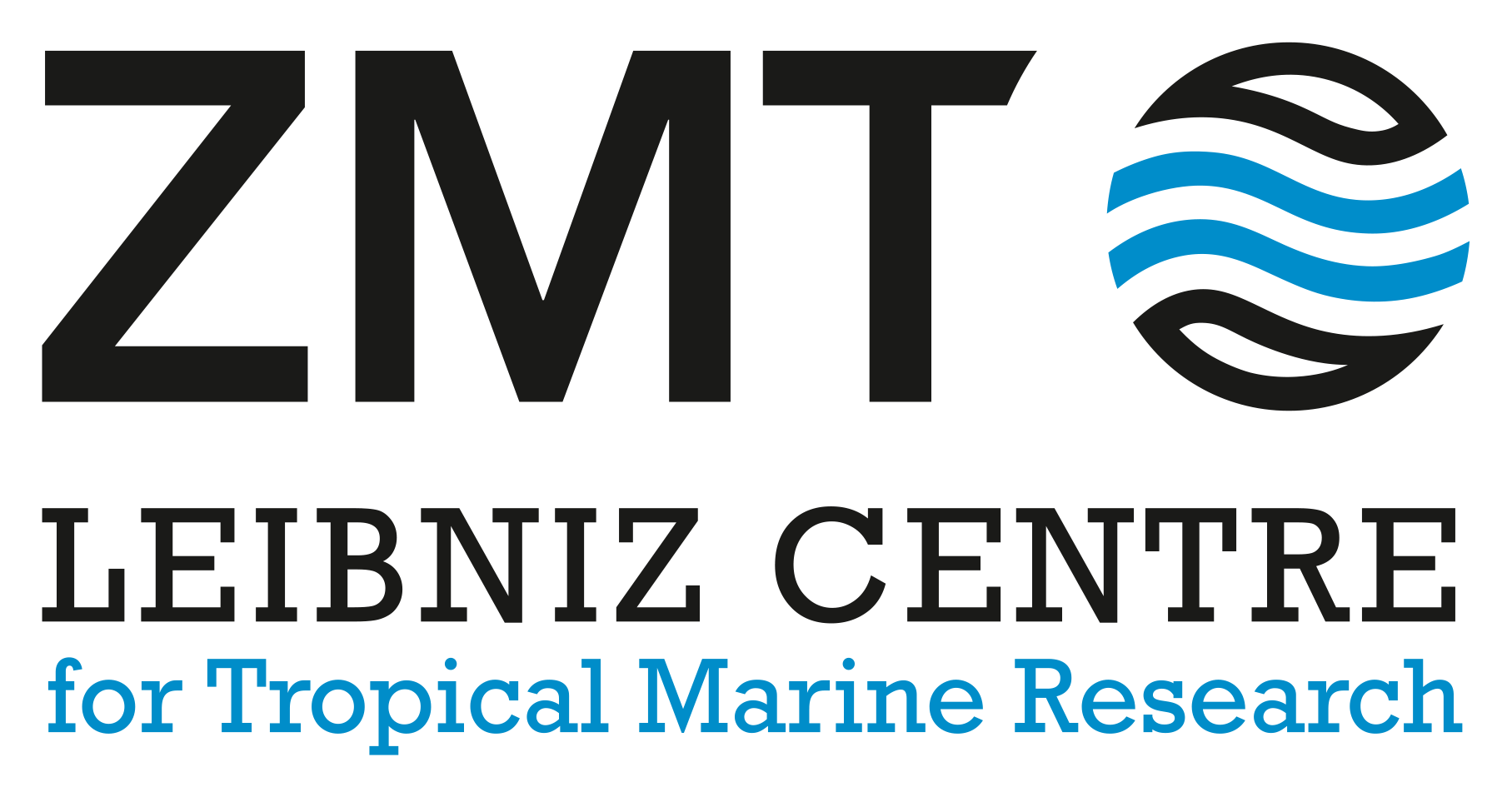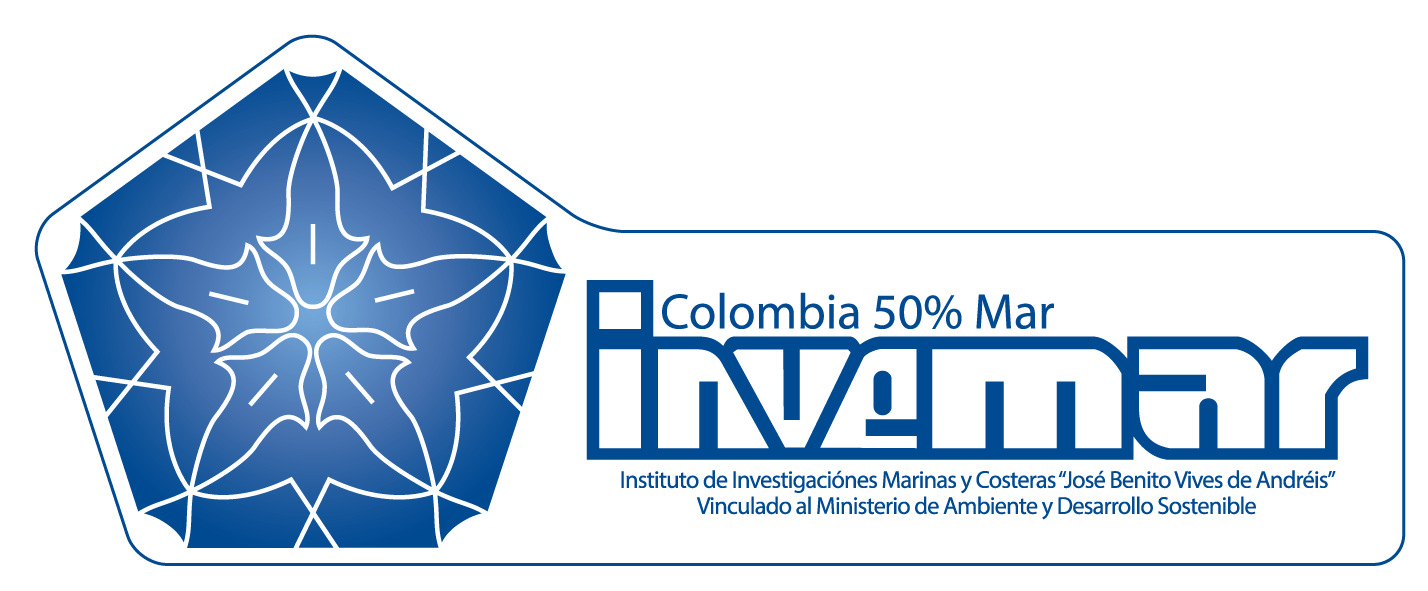Consumer-grade drones as tools for tropical marine and coastal research
For 2023, in addition to the normal annual call, POGO invited groups of members to apply for seed funding for programmes/projects either already endorsed by the UN Ocean Decade, or workshops to plan new project/programmes to be submitted to UNDOS for endorsement. The activity below is one of two successful proposals for this round of funding.
Unlocking the potential of consumer-grade drones as tools for tropical marine and coastal research relevant to the UN Ocean Decade
Overview
Background and rationale
Anthropogenic climate change and accelerated human development are rapidly reconfiguring marine ecosystems and weakening their capacity to fulfill regulating, supporting, and provisioning services. Threats to ocean health directly risk human health and food security, demanding adaptive responses and preparedness of governance structures. The degradation of marine and coastal systems is outpacing the generation of solution-oriented scientific outputs. Consumer-grade drones are time-saving tools for fine-scale data collection with enormous potential for research addressing ecological, societal, and environmental problems. This is highly relevant on tropical coasts, many of which are data-poor, yet particularly vulnerable to anthropogenic pressures – with drastic impacts on complex social-ecological systems. Although close cooperation among the scientific community, aviation authorities, and eventually the drone development industry, could help realise the full potential of scientific drone applications, it remains uncommon. The proposed workshop aims to close this gap by (1) bringing together scientific experts in marine and coastal drone-based research, (2) creating a common context for transnational and transcontinental scientific cooperation in solution-oriented drone research projects, (3) strategically combining complementary expertise in drone applications to co-develop a joint UNDOS project proposal, and (4) co-developing state-of-the art guidelines for drone operations compliant with national and international legal regulations, and scientific data management based on the ‘FAIR’ criteria. Scientific themes of the workshop and the future project include integrating drone-generated datasets with other data sources and analytical approaches (e.g. modeling, digital ocean twins, artificial intelligence). This will maximise the solution- and impact oriented scientific output for sustainable ecosystem management, leading to tangible societal benefits. Solution-oriented outputs will ultimately inform policy decisions on globally relevant challenges (e.g., Blue Carbon, sustainable Blue Economy) and SDG implementation at different governance scales. The workshop and the project will strengthen international, and especially North-South, scientific cooperation, contributing to collective knowledge production and capacity development in ocean observation.
Relevance to UNDOS
The proposed workshop and the following UNDOS project will contribute directly to several UNDOS challenges:
#2 Protect and restore ecosystems and biodiversity
Drone-generated data can complement other research methods and technologies, enable upscaling of analyses, and further our understanding of global and local stressors’ impact on specific ecosystems (e.g. coral reefs, mangroves) and ecosystem services (e.g. coastal protection), leading to fit-for-purpose mitigation and adaptation solutions.
#5 Unlock ocean-based solutions to climate change
Here, ocean-based solutions relate e.g. to monitoring and comparing ecosystem restoration projects as well as refined models and prediction systems fostering a deeper understanding of the ocean-climate nexus gained through drones, especially in coastal areas.
#6 Increase community resilience to ocean hazards
Through this workshop, we will identify ways of integrating data collected with drones (also combined with AI) into participatory approaches and co-development, forecasting models and early warning mechanisms at tropical coasts. Drones can be used, for instance, to estimate the three-dimensional complexity of coral reefs which directly relates to their capacity to sustain food fishes and buffer wave energy.
#7 Expand the Global Ocean Observing System
The planned activities will point out the added value of drones as complementing the oceanographic toolbox and will deliver practical guidelines for conducting drone operations in international research.
Cross-cutting priorities of UNDOS
An equitable approach to co-design, capacity development, ocean literary, and scientific data management are core parts of ZMT’s mission and collaboration with partners in tropical countries, and will as such be applied to the workshop and project. Based on systematic, impact-oriented stakeholder interaction, scientific outputs will feed into societal and political discourse on the mitigation of and adaptation to the effects of climate change.
For preliminarily positioning the future project in UNDOS programmes, an initial contact has been established with the ‘CoastPredict’ Programme as a potential entry point.
Relevance to POGO and fit with POGO’s Strategy
Fostering exchange on the potential and challenges of collaborative drone-based marine and coastal research, and facilitating it through operational guidelines contributes to POGO’s mission of establishing a ‘truly global ocean observation system’ that serves the needs of science and society. It fits with POGO’s role and position to deliver on some of the main Ocean
Decade objectives. The proposed workshop and the future UNDOS proposal address aspects of POGO’s three strategy priorities: They approach consumer-grade drones as an innovative element in ocean observation. In synergy with other technologies and methods they can be used to address key problems of the current ocean state and work towards innovative solutions. Moreover, it speaks to POGO’s statement that ‘we cannot manage, what we cannot measure’ by enlarging the set of ocean observation measurement instruments. Advancing transnational and transcontinental scientific exchange, as well as operational skills on consumer-grade drones as a relatively cost-efficient and accessible technology contributes to the capacity development priority of POGO. This is further strengthened by assuring ‘FAIR’ research data management. This is particularly important in collaboration with partners from tropical countries, and to actively countering persisting North-South imbalances in research cooperation. As the proposed workshop and the future UNDOS project pursue a solution- and impact-oriented approach, driven by the goal of strengthening the management of tropical coastal ecosystems, they support the third priority of outreach and advocacy: Scientific outputs from drone-based research will unfold impact in the societal, economic and political realm and inform stakeholder’s decisions for a sustainable use of tropical marine ecosystems.
The focus on tropical coastal areas based on the project partners’ and workshop participants’ expertise is complementary to the open ocean and deep sea focus of many POGO members and activities. It thereby adds value and allows for a more encompassing approach to ocean observation.
Work plan, deliverables and milestones
The funding would support a 2.5 day international workshop to be conducted in July 2024 at ZMT in Bremen, Germany. This workshop will serve as a basis for co-developing a joint UNDOS project proposal (planned submission of the project proposal for UNDOS endorsement: 18/10/2024) and state-of-the art guidelines on drone operations (to be finalised 15/02/2025). As stated above, the workshop and the future project will advance all three pillars of POGO’s mission – innovation in ocean observing, capacity development, as well as outreach and advocacy.
The workshop’s success can be evaluated based on the following criteria:
- Based on the outcomes of the workshop: UNDOS endorsement of an excellent project proposal submitted by an international consortium on consumer-grade drones as tools for tropical marine and coastal research on key ecosystems (e.g. coral reefs, mangroves)
- Contribution of a workshop proceeding from participating scientists to highlight important future scientific directions and to form future cooperation with industry partners in the aviation industry,
- Successful acquisition of funding for the UNDOS project,
- Simplified access to and conduct of drone-based research-data collection based on operational guidelines; Here, success could be evaluated via measuring the frequency of guideline application and context-specific adjustments based on feedback from scientists and stakeholders.
- Enhanced visibility of consumer-based drones as promising tools in the ocean observation community, contributing to further development of data collection and analytical approaches; Success could be traced by monitoring future developments in scientific debates and publications.
The success and the impact of the future UNDOS project can be evaluated based on their contribution to the UNDOS challenges (listed above) and ultimately to delivering on the SDGs. With regard to the tropical marine and coastal ecosystems and communities where research will be conducted, societal and political impact could be monitored by looking at the quality, sustainability and the fit-for-purpose features of the science-based solutions developed for stakeholder relevant problems, drawing on the outputs of drone-based research.
| Item | Milestones | Date to be reached |
|---|---|---|
| 1 | Submission of workshop concept to UNDOS for endorsement as an UNDOS activity. | 30/04/2023 |
| 2 | Concretisation of the workshop agenda. | 15/02/2024 |
| 3 | Establish a communication and outreach strategy including social media presence that can be implemented throughout the development of the workshop, the project and the future delivery of outputs. | 15/03/2024 |
| 4 | Finalise travel arrangements for all participants. | 15/03/2024 |
| 5 | Co-develop working documents and interactive tools as basis for scientific work during the workshop and cloud space for data sharing. | 15/06/2024 |
| 6 | Complete the workshop and store main collective outputs in shared cloud space (to be used for further work on UNDOS project proposal) | 17/07/2024 |
| 7 | Finalise and submit collaborative proposal within the framework of the UN Ocean Decade to be endorsed by UNDOS. | 18/10/2024 |
| 8 | Finalise workshop proceedings identifying the main axes of cooperation among the scientific community, aviation authorities and the consumer-grade drone development industry to facilitate solution-oriented drone-based research. | 15/12/2024 |
| 9 | Finalise state-of-the art guidelines for drone operations for marine and coastal drone-based research compliant with national and international legal regulations and optimised for scientific data management based on the ‘FAIR’ criteria. | 15/02/2025 |
Status: Complete DIP Activity
Year: 2024
DIP Activity Participants
Leader
- Sonia Bejarano, ZMT, Leibniz Centre for Tropical Marine Research, Germany
Participants
- Raimund Bleischwitz, ZMT, Leibniz Centre for Tropical Marine Research, Germany
- Arjun Chennu, ZMT, Leibniz Centre for Tropical Marine Research, Germany
- Christiane Schmidt, ZMT, Leibniz Centre for Tropical Marine Research, Germany
- Elisa Casella, Università Ca' Foscari Venezia, Italy
- Alessio Rovere, Università Ca' Foscari Venezia, Italy
- Marleen Stuhr, ZMT, Leibniz Centre for Tropical Marine Research, Germany
- Irendra Radjawali, University of Bonn, Germany
- Giovanni Romagnoni, University of Kiel/ZMT, Germany
- Marion Glaser, ZMT, Leibniz Centre for Tropical Marine Research, Germany
- Wiebke Holmes, ZMT, Leibniz Centre for Tropical Marine Research, Germany
- Michael Kriegl, ZMT, Leibniz Centre for Tropical Marine Research, Germany
- Marcello Gugliotta, University of Bremen, Germany
- Elda Miramonte, University of Bremen, Germany
- Nils Moosdorf, ZMT/University of Kiel, Germany
- Umberto Andriolo, INESC-Coimbra - University of Coimbra, Portugal
- Chris Perry, University of Exeter, UK
- Isabel Urbina Barreto, French National Research Institute for Sustainable Development - IRD, France
- Amandine Schaeffer, University of New South Wales, Australia
- Silvia Torresan, CMCC, Italy
- Elsa Furlan, CMCC, Italy
- Viviana Piermattei, CMCC, Italy
- Marco Marcelli, CMCC, Italy
- Daniele Piazzolla, CMCC, Italy
- Luca Fallati, Università Milano Bicocca, Italy
- Jordi Boada, CEAB-CSIC (Blanes), Spain
- Konstantinos N. Topouzelis, University of the Aegean, Greece
- Gustavo Castellanos-Galindo, IGB Berlin Germany / Colombia / Panama
- Paula Cristina Correa Sierra, INVEMAR, Colombia
- Anette Eltner, Technological University, Dresden, Germany




